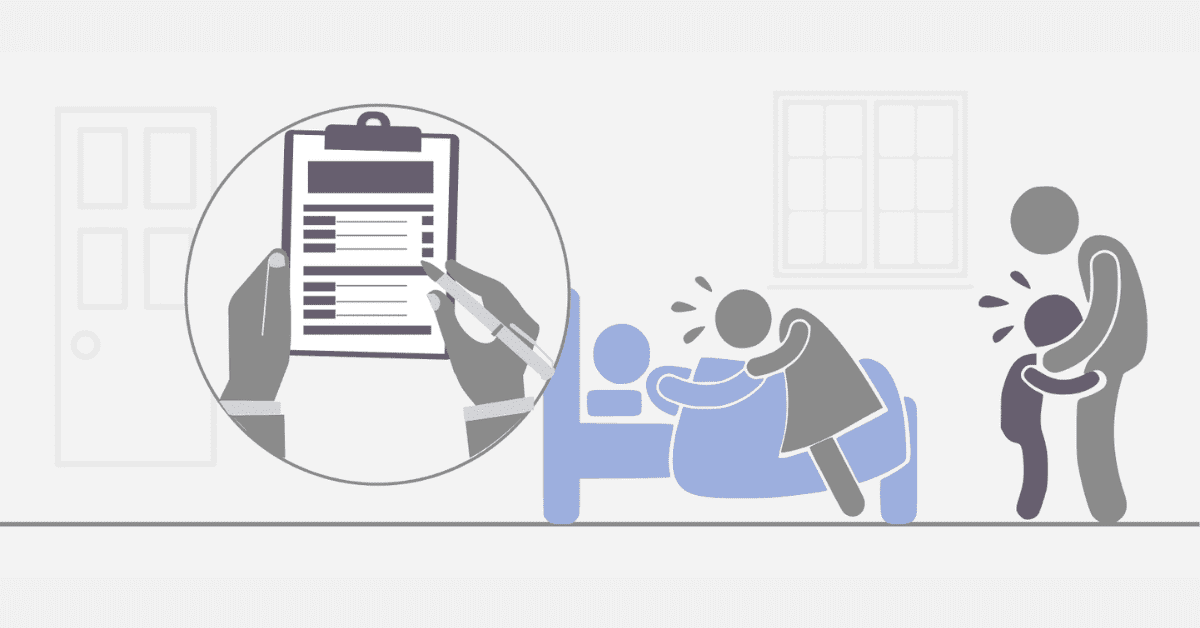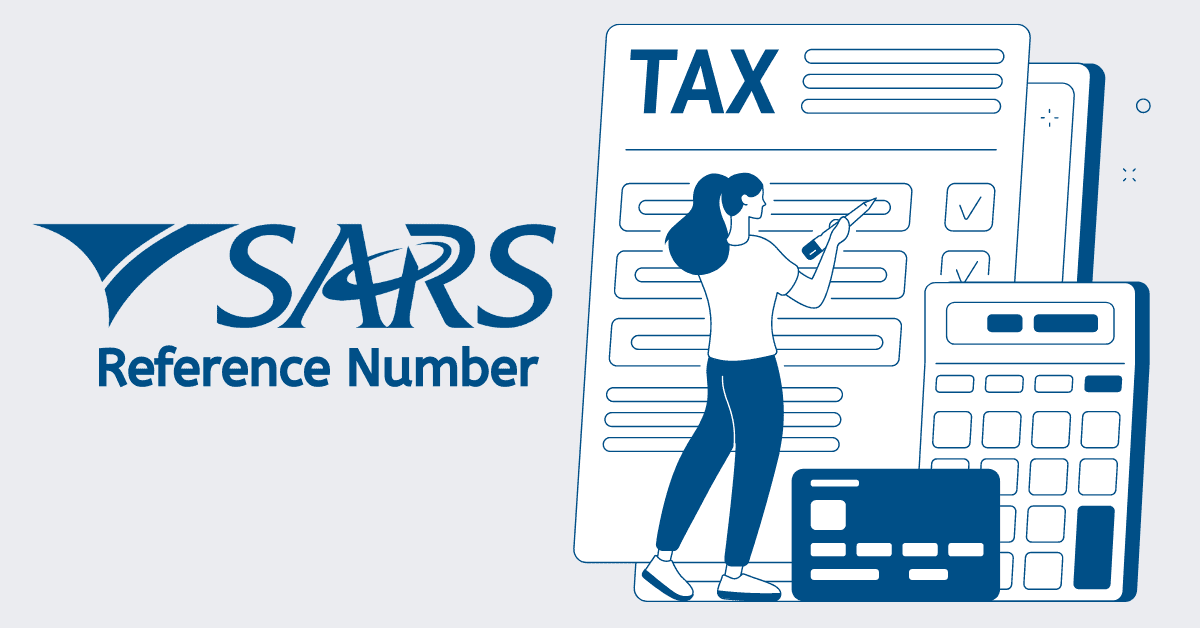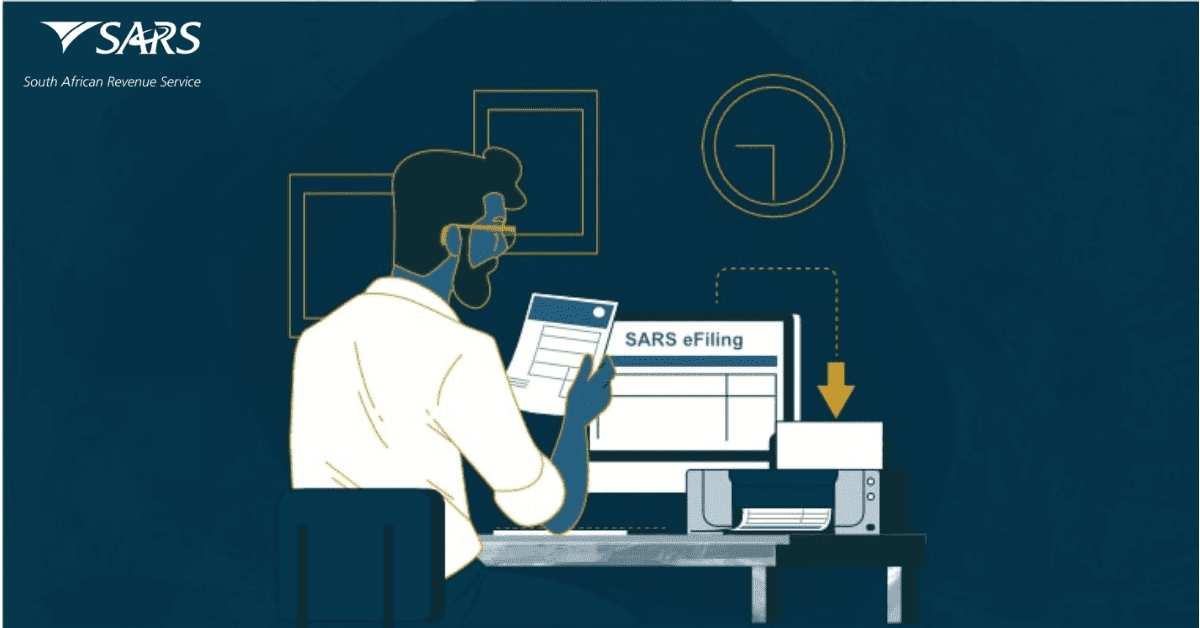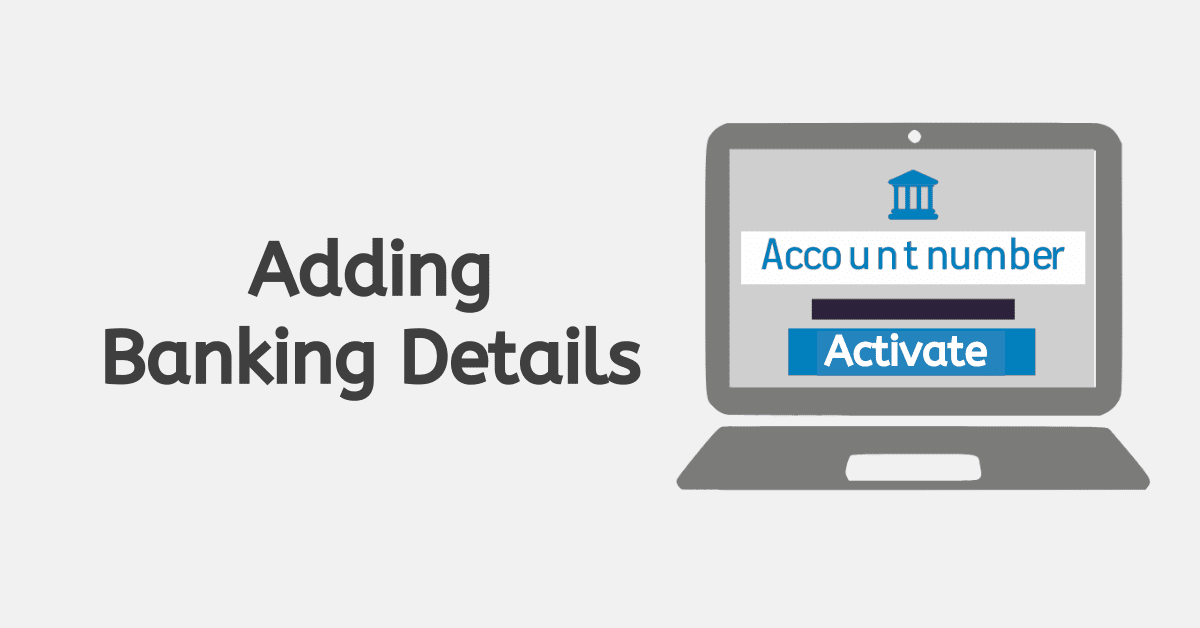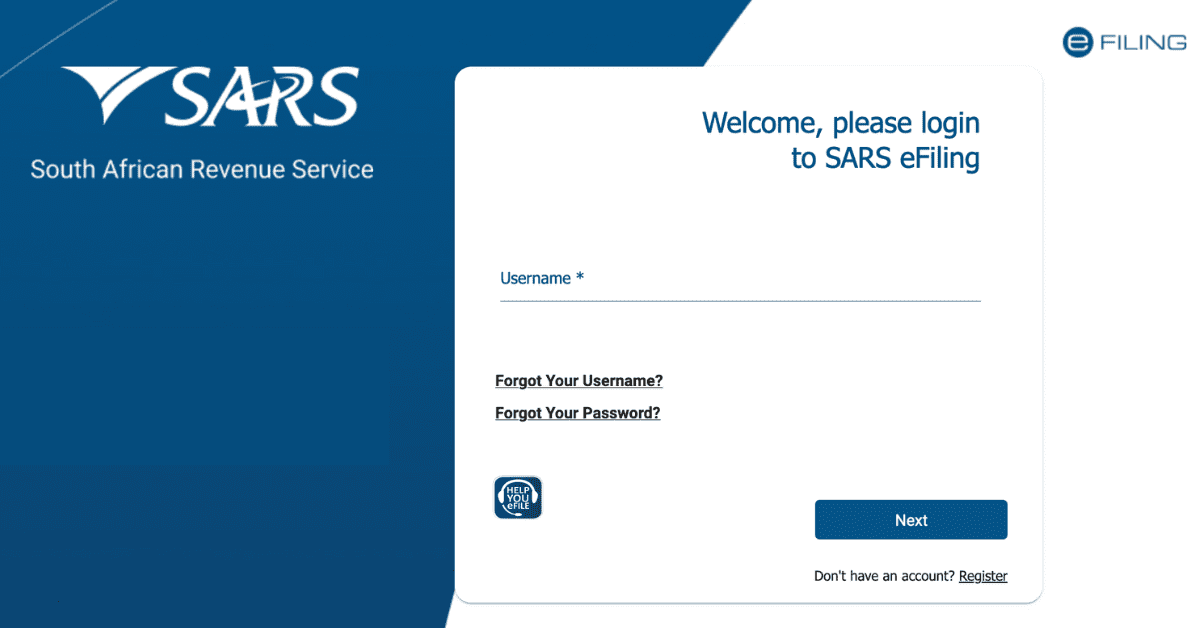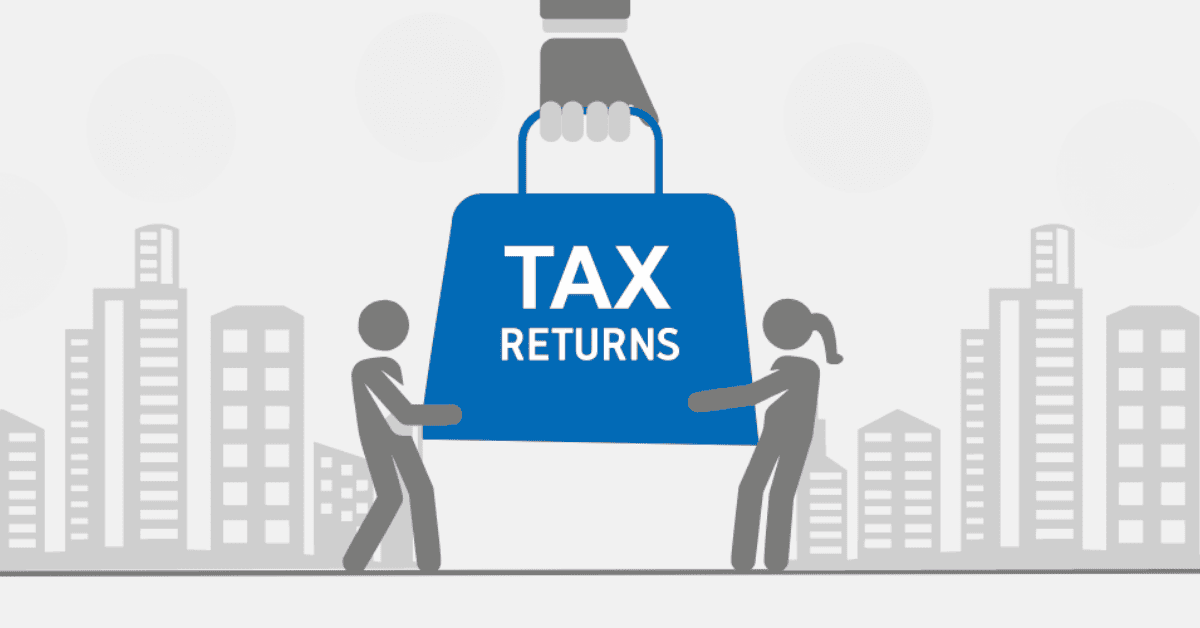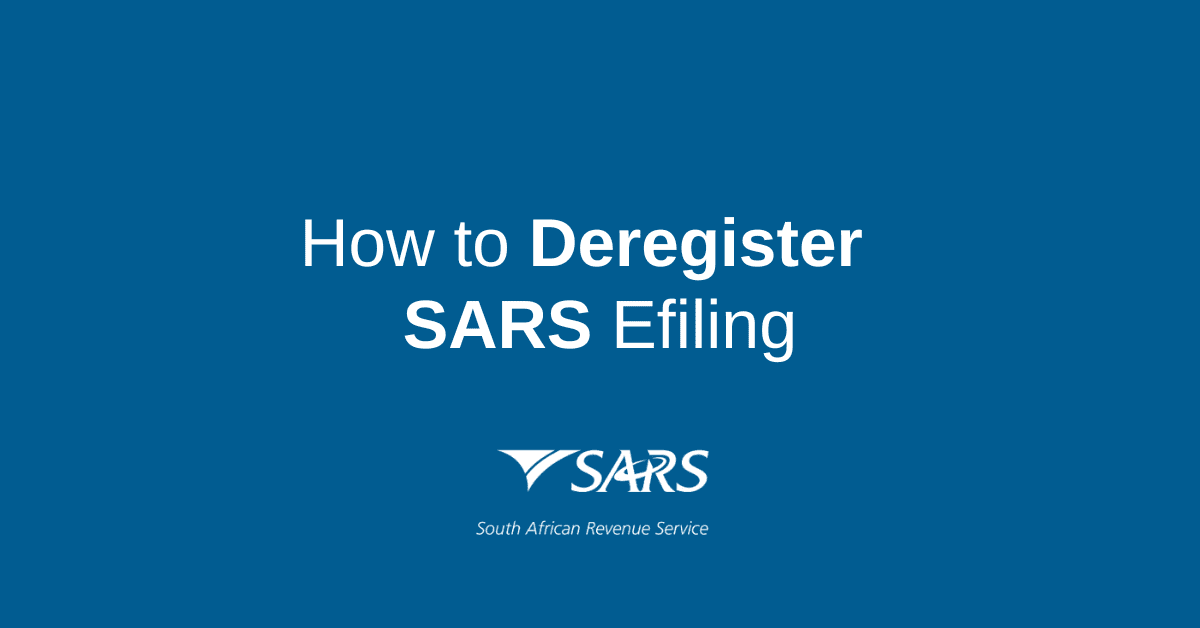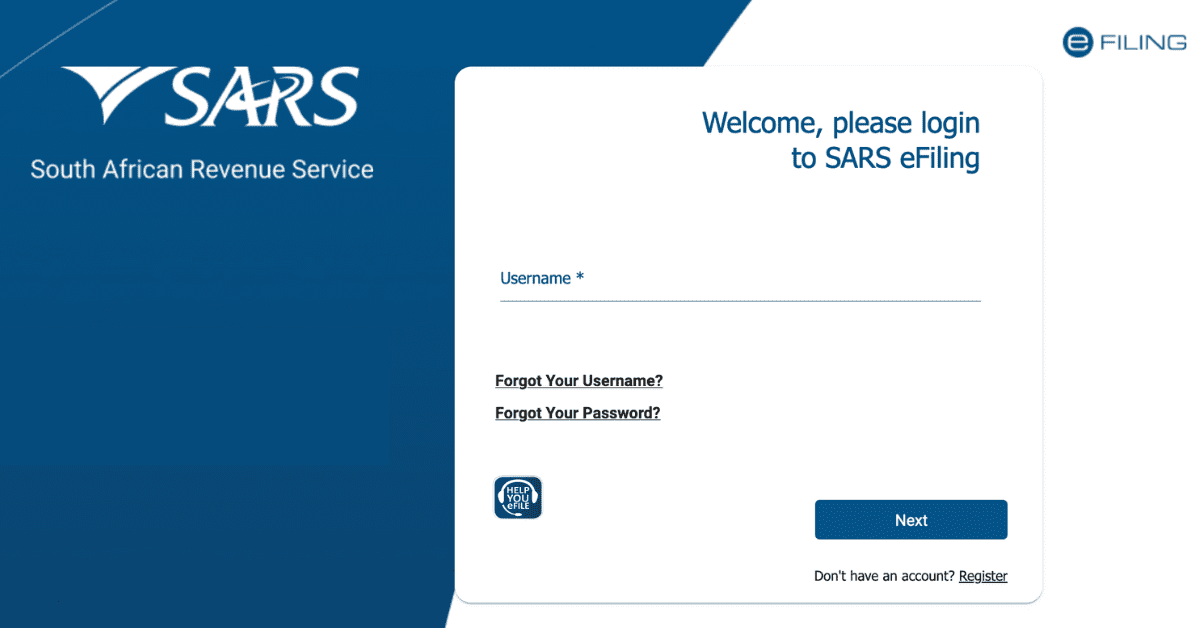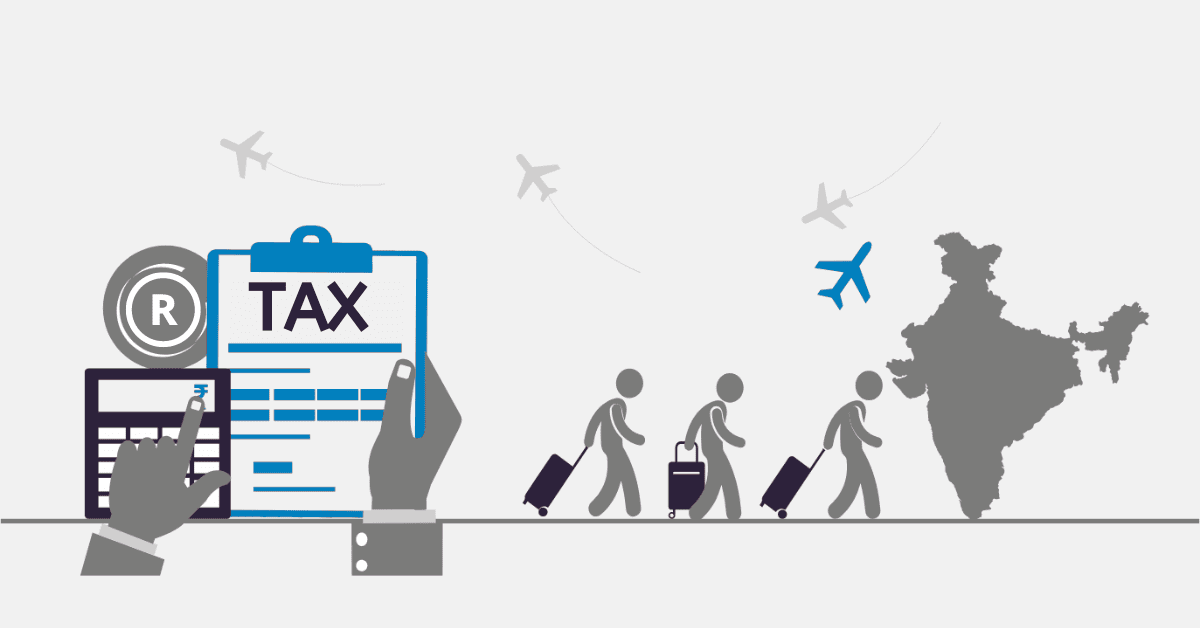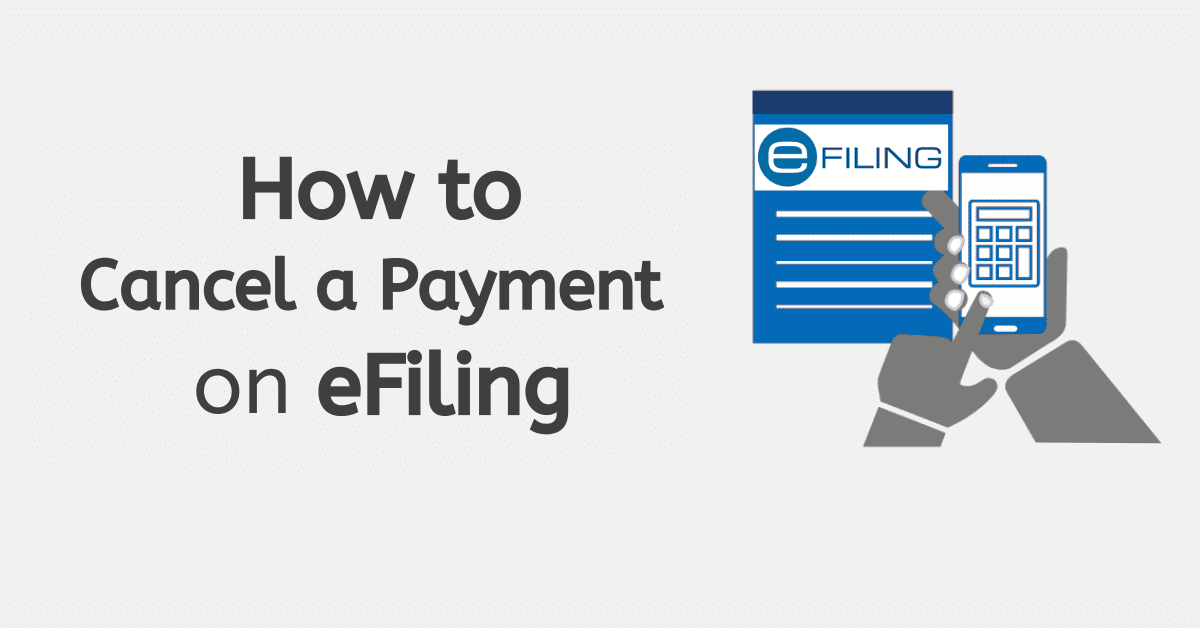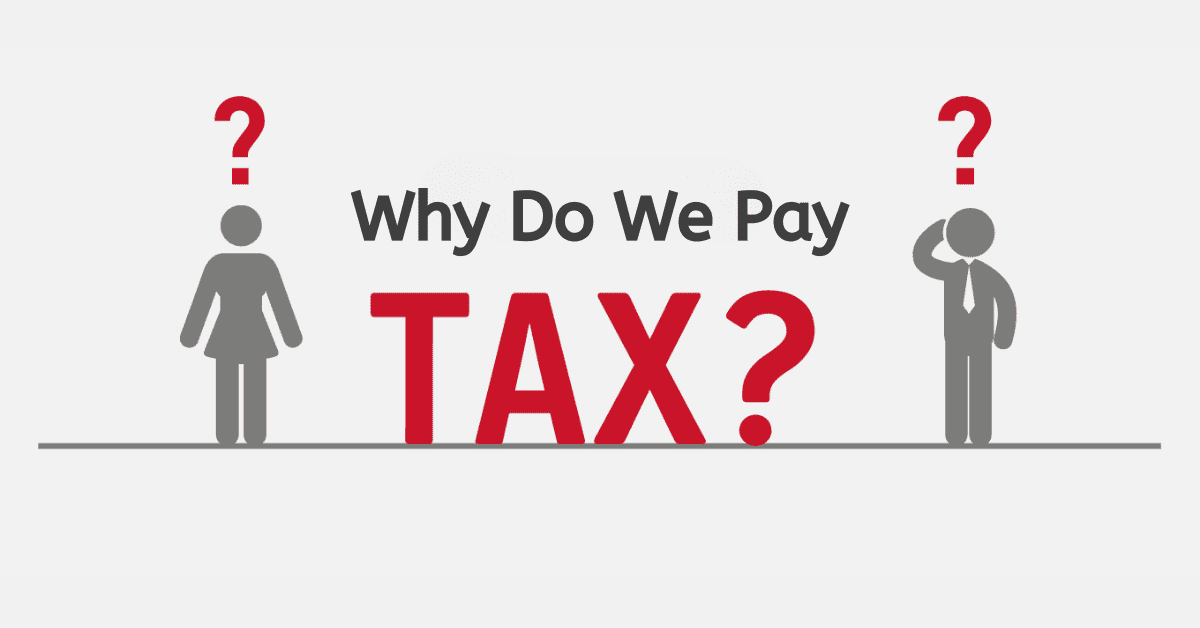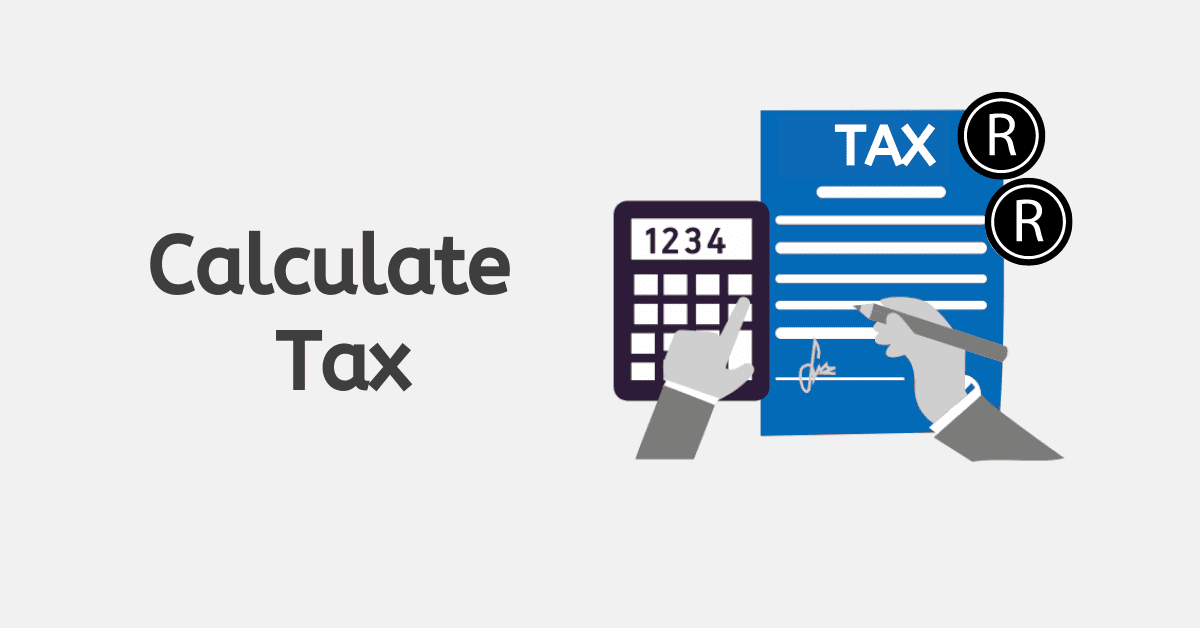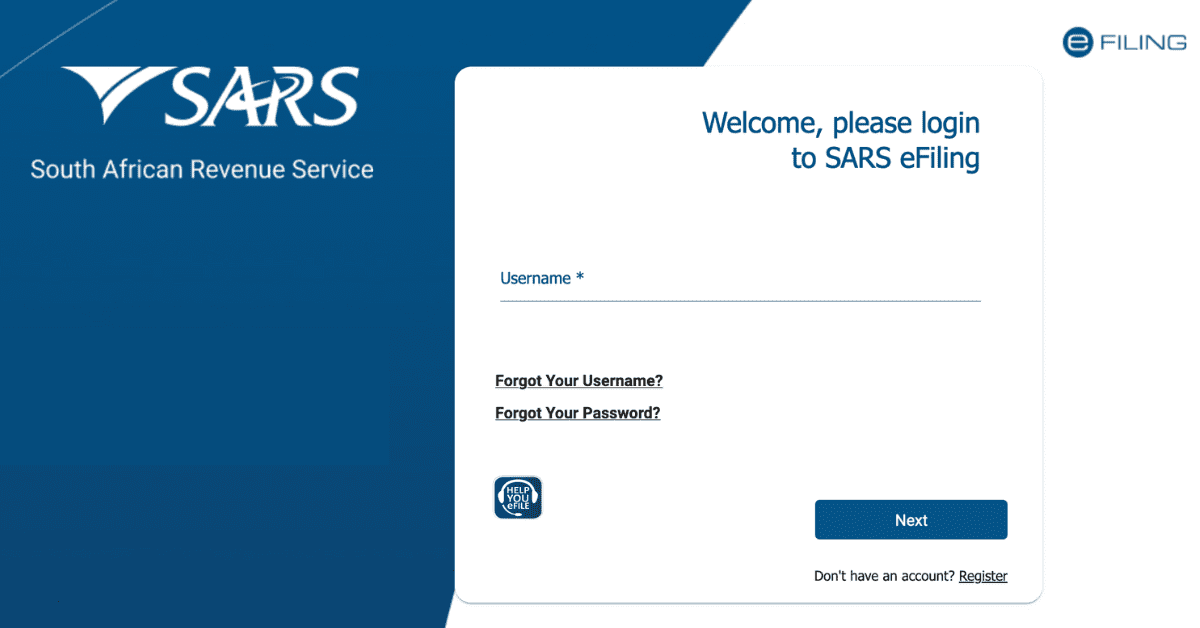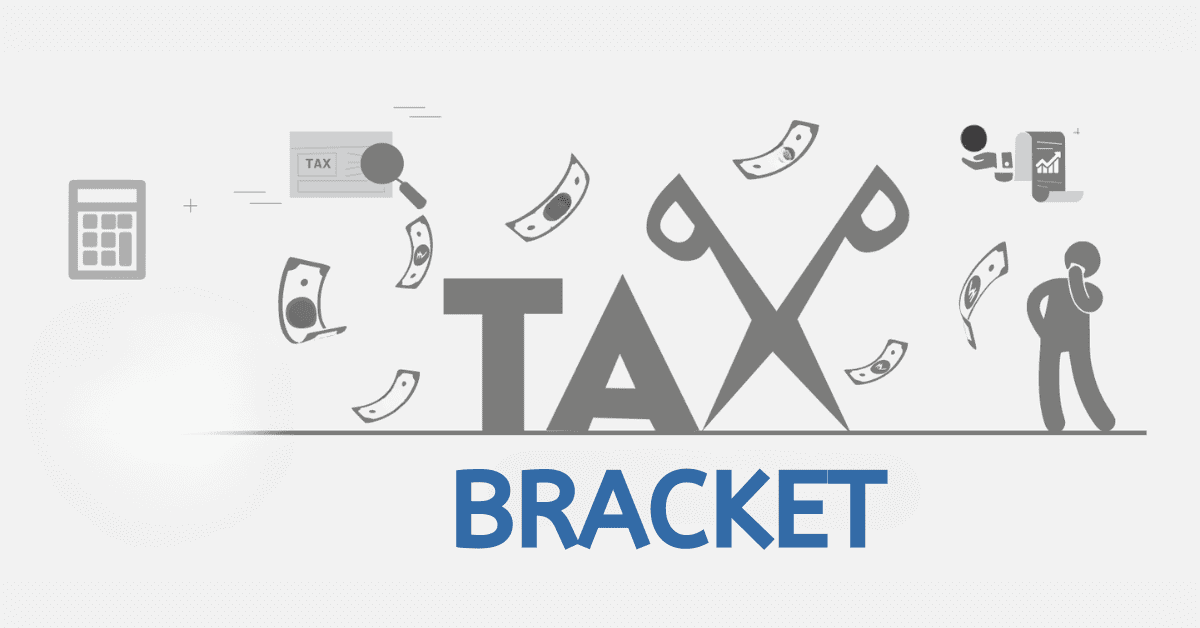There is a reason that the old joke is, “Nothing is certain but death and taxes.” When you live and work in a country, you will accumulate tax obligations as part of your ‘social debt’ owed to the country in return for services you rely on- from road infrastructure to criminal justice. We would all love to pay no tax, but the reality is quite different. While you are always allowed to reduce your tax burden within the legal framework provided, evading tax is a criminal offence. Today we look at this thorny issue in more detail.
How Can I Avoid Paying Tax in South Africa?
If you want to operate legally and peacefully within South Africa, taxes will be a part of your reality- as they are anywhere in the world. The only ways to legally avoid paying tax in South Africa are:
- Not being employed or earning any form of income
- Living on social or disability grants
- Being retired with an annual income below the tax threshold
- Earning under the tax threshold as a working adult
You may still have the obligation to file some tax returns to declare what income types you do receive, even if you do not need to pay tax on them, depending on your individual circumstances.
How Can I Legally Not Pay Taxes?
The short (and only correct) answer is that you cannot. If you are earning an income in South Africa, you will carry tax compliance obligations you must meet. That doesn’t mean that you will always pay tax, however! In order not to overburden people earning in lower income brackets, there is an annual minimum threshold set by SARS under which you will not pay taxes on your declared earnings. We outline those limits for the 2026/2026 year in the section below.
If that money is earned from a single employer, you will not be obligated to file a tax return, either. However, even if you are earning below that threshold, you will be required to submit a provisional tax return twice annually and an income tax return if you make under the tax threshold from multiple income sources. Remember, this doesn’t mean just official salaried work! Items like rental income, contract amounts, gig work, and sizable payouts from shareholdings that deliver income will also count. Provided you earn under the tax threshold, you will not have to actually pay over money; simply declare that you have earned it.
While you are legally allowed to do everything you can to reduce your tax burden through claiming legitimate expenses, using your deductions for medical aid and retirement annuity/pension payments, paying into accounts like Tax-Free Saving Accounts and Retirement Plans and more, it is not legal to evade taxes altogether.
What Salary is Tax-Free in South Africa?
In the 2026 tax year, the income tax threshold in South Africa is R91,250 per annum. This means that if you are earning below R7,600 a month from all income sources, you will not be required to pay any tax. If you earn this salary from a single employer and do not make supplemental income through a side gig, rental income, etc, you will not be required to submit an annual tax return, ei ther. This rises to R141,250 per annum if you are over the age of 65, or R11,770 per month.
Why do South Africans Avoid Paying Taxes?
There can be any number of reasons why some individuals and businesses in South Africa may avoid paying taxes. No one enjoys the obligation, but it is critical to help develop and support infrastructure and social initiatives in the country. Some of the most common reasons people avoid paying taxes include:
- Lack of understanding: Some people may not understand the tax laws and their obligations or may not have access to the information and resources they need to comply with their tax obligations. They also may have been told tall tales by others about what they can and can’t legally do and erroneously believe them.
- Financial difficulties: Some individuals and businesses may be struggling financially and may not have the funds to pay their taxes. Do note that there are steps you can take in this circumstance to enlist assistance from SARS and stay compliant without evading the responsibility altogether.
- Perceived unfairness: Some people may feel that the tax system is unjust or that they are not receiving enough value in return for the taxes they pay. No matter how legitimate you feel these reasons are, you will still be breaking the law by evading tax. “I don’t want to” is not a legally acceptable reason to dodge paying taxes!
- Corruption and tax evasion: Some individuals and businesses may engage in illegal activities, such as tax evasion, to avoid paying taxes. Some even operate illegal forms of business, like drug dealing. They are usually aware they should be paying taxes but choose to act illegally.
- Administrative issues: There may be administrative challenges, such as a lack of access to the tax system or technical difficulties with eFiling, that make it difficult for individuals and businesses to comply with their tax obligations. SARS is always working to make the eFiling system easier to help redress this. The SARS Contact Center and branches are also very helpful if you are struggling to use technological tax platforms.
It’s important to note that avoiding taxes is illegal and can result in penalties and fines as well as jail time in some circumstances. If you are facing difficulties with paying your taxes, it’s recommended that you contact SARS to discuss your options and seek assistance. They would far rather take a slow payer actively working to redress their outstanding taxes than have to enact criminal proceedings against you. Honesty really is the best policy! So if you have simply drowned in your obligations, are struggling to pay them due to financial mismanagement/miscalculations, or struggle to understand your obligations, rather reach out than hide from the issue.
Active tax evasion can carry severe criminal penalties if it comes down to it. And while you may not be caught immediately, remember that SARS are aware of financial transactions you perform through other parties- like your medical aid, bank, employer, invoices you issue to clients and more. So you will eventually be caught. It is better to work actively to reduce your tax burden (legally) than attempt to evade your tax responsibilities.
